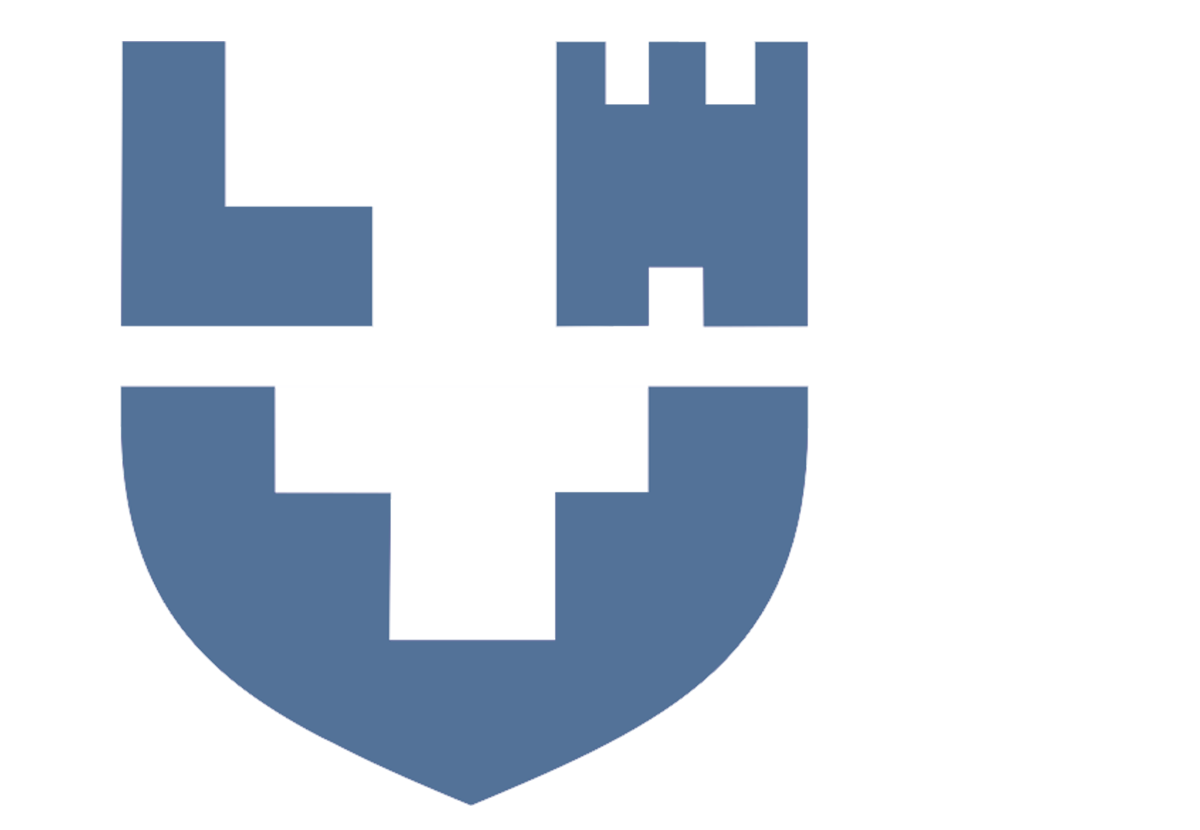Competence-based approach in offering the course "Theory of correlations and mathematical statistics" to higher education recipients in computer science.
Abstract
Under the influence of informatization of the society labor market demands for specialists in different branches of economy increase, especially it concerns computer science specialists. The competent technician-programmer should not only master the modern hardware and software of computer technologies, the skills of task formalization in modern programming languages, but also be ready to develop new software products, continuously improve own professional competences in future professional activity. In order to increase the effectiveness of training future specialists in the computer industry, it is necessary to apply special techniques and methods in the process of training future professionals, which will contribute to the formation and development of professional competencies. The aim of the study is to theoretically justify the need for a competency-based approach in the process of training future computer scientists, the selection of organizational and pedagogical conditions that contribute to the formation of future graduates' professional competence in the process of studying the discipline "Probability Theory and Mathematical Statistics". This study highlights the main components of professional competence of future specialists in computer science, demonstrates a number of techniques and methods that contribute to the formation and development of these indicators in the process of teaching the course "Probability Theory and Mathematical Statistics". A number of probability theory and mathematical statistics tasks were developed, the solution of which contributes to improving the level of indicators of professional competence of future software technicians. Also presented the tasks for the research project on the section of mathematical statistics, preparation and defense of which involves the active use of modern software. In the process of implementing the mentioned techniques and methods in teaching the discipline "Theory of Probability and Mathematical Statistics" it was noted that the students' professional interest in the study of computer science is growing, future graduates are convinced of the importance and enormous possibilities of using information technology in other fields. Future graduates also need to master new software products, because in their own experience (this experience can not be acquired in the classes on probability theory and mathematical statistics) are convinced of the effectiveness of the use of computer technology in solving problems.
References
2. Vinnyk M. O. Formation of scientific and research competence of future software engineers in the conditions of the educational environment of a higher educational institution: diss. Ph.D.: 13.00.04 / Kherson State University. Kherson, 2016. 247 p.
3. Goncharenko T.E. Pedagogical conditions of professional training of future software engineers at a technical university: diss. Ph.D.: 13.00.04; Kharkiv National Pedagogical University named after H.Skovoroda, Kharkiv, 2018. 270 p.
4. Zubyk L.V. Formation of professional competences of future bachelors in information technologies in the process of studying professional disciplines dis. Ph.D.: 13.00.04. 2016. 358 p.
5. Kovalyuk T. V. Harmonization of the requirements of professional and educational IT standards to the competencies of graduates of IT specialties of universities. Bulletin of the Lviv Polytechnic National University. Information systems and networks. 2017. No. 872. P. 229-240.
6. Krivonos O. M. Formation of information and communication competences of future informatics teachers in the process of teaching programming: dissertation. Ph.D.: 13.00.02. 2014. 284 p.
7. Discord platform as an online learning environment for emergencies / V. Kruglyk et al. Ukrainian Journal of Educational Studies and Information Technology. 2020. Vol. 8, no. 2. P. 13–28.
8. Litvynova S. G. Virtual class as a computer-oriented learning environment for a teacher of a general educational institution. Information technologies and teaching aids. 2011. No. 2 (22)
9. Litvynova S. G. A model of using a computer simulation system for the formation of students' competencies in science and mathematics subjects. Physical and mathematical education. 2019. Issue 1(19). P. 108-115.
10. Morse N.V., Kocharyan A.B., "Information and communication competence of scientific and pedagogical workers of the university. Historical development of the formation of the conceptual apparatus". Pedagogical education: theory and practice. Psychology. Pedagogy. 2015. No. 24. P. 20-31
11. Morozova T. Yu. Higher IT education in Ukraine (systemic study): monograph Luhansk: SNU publishing house named after V. Dalya, 2010. 286 p 15. National strategy for the development of education in Ukraine for 2012–2021.
12. Osadchiy V.V., Osadcha K.P. Contemporary realities and trends in the development of information and communication technologies in education. Information technologies and teaching aids. 2015. Vol. 48. No. 4. P. 234-249.
13. Proskura S. L., Litvynova S. G. Training of specialists in information technology in institutions of higher education: state, problems and prospects. Information technologies in education. 2018. Vol. 2. No. 35. P. 72-88.
14. Sedov V. E. Formation of professional competence of future software engineers in the conditions of the master's degree: dissertation. Ph.D.: 13.00.04 / Kherson State University., Kherson, 2016. 238 p.
15. Standard of higher education of Ukraine in specialty 122 "Computer science" for the first (bachelor's) level of higher education. (approved and put into effect by the order of the Ministry of Education and Culture of Ukraine No. 962 dated July 10, 2019). 24 p.
16. Spirin O. M. Criteria and indicators of the quality of information and communication technologies of education/ Information technologies and means of education. 2013. No. 1 (33).
17. Striuk K. M. Content of professional competence of future specialists in computer engineering. Collection of scientific papers [Kherson State University]. Pedagogical sciences. 2016. Issue 73(2). P. 118-122.



